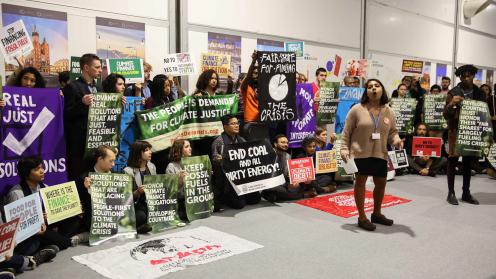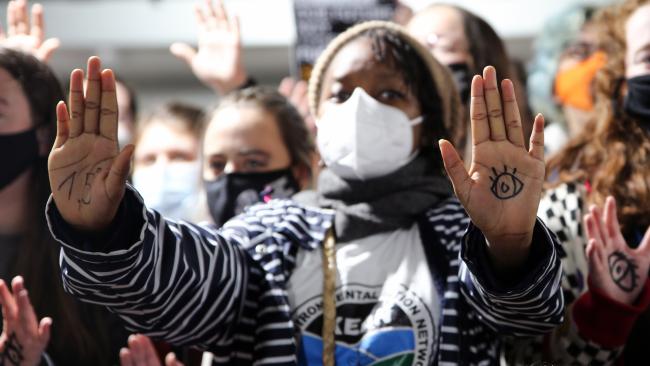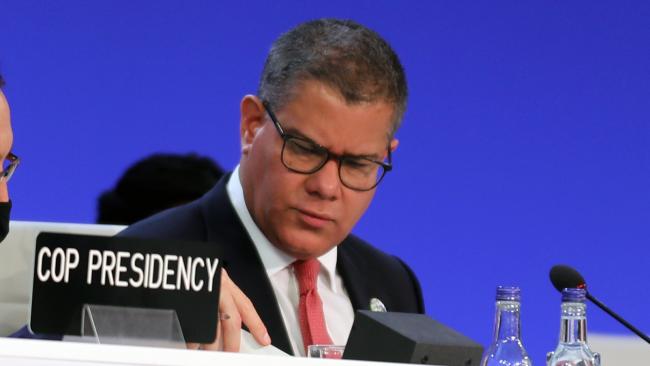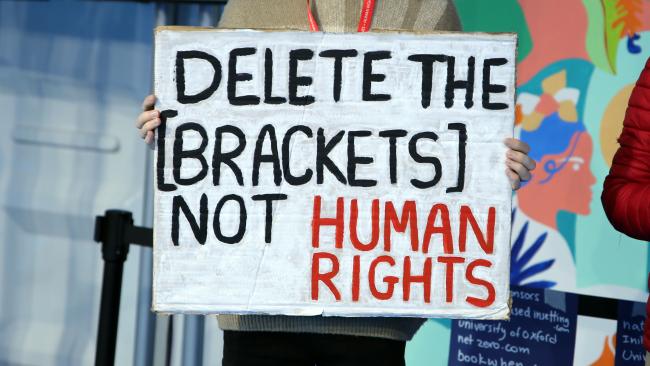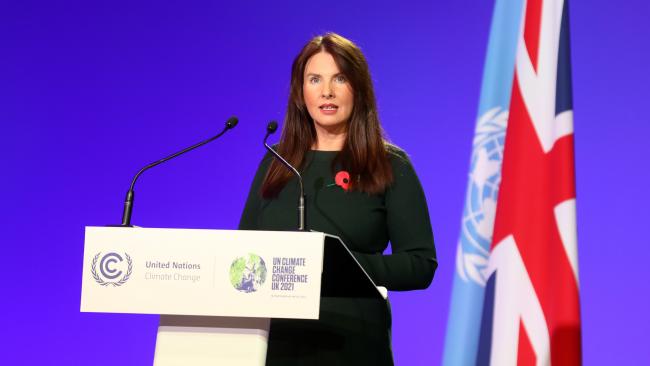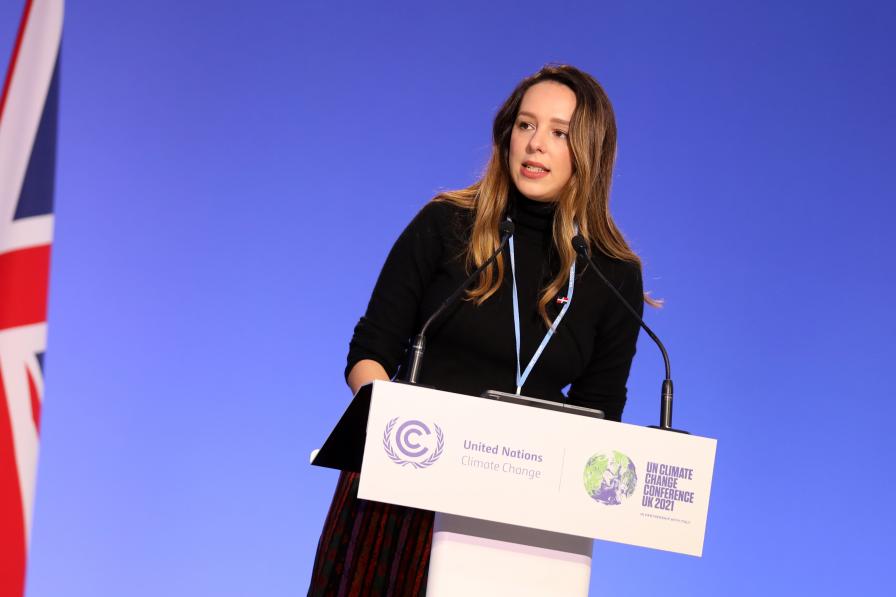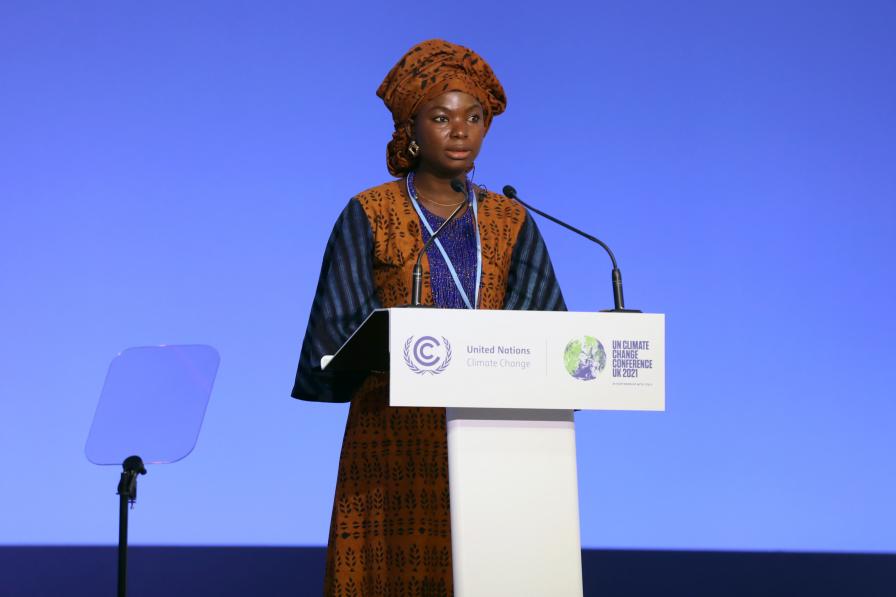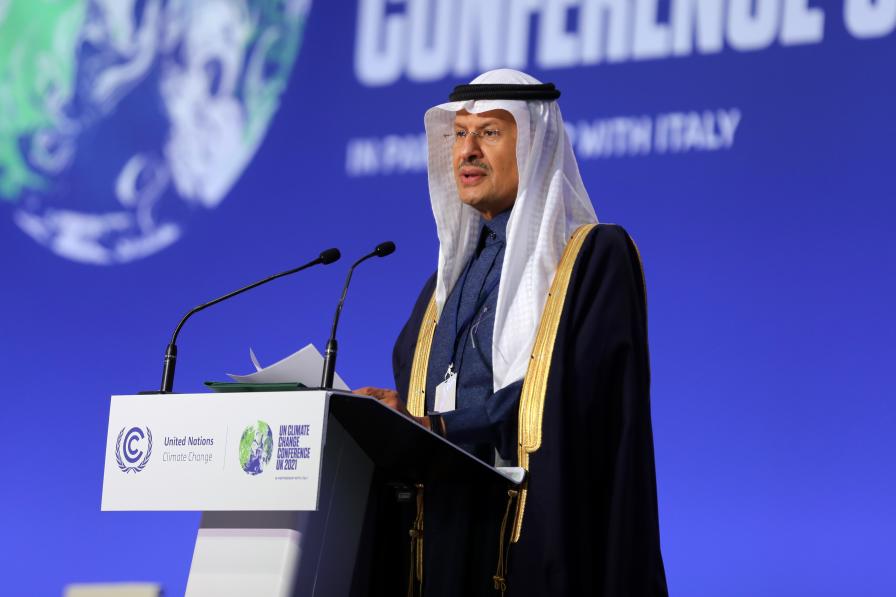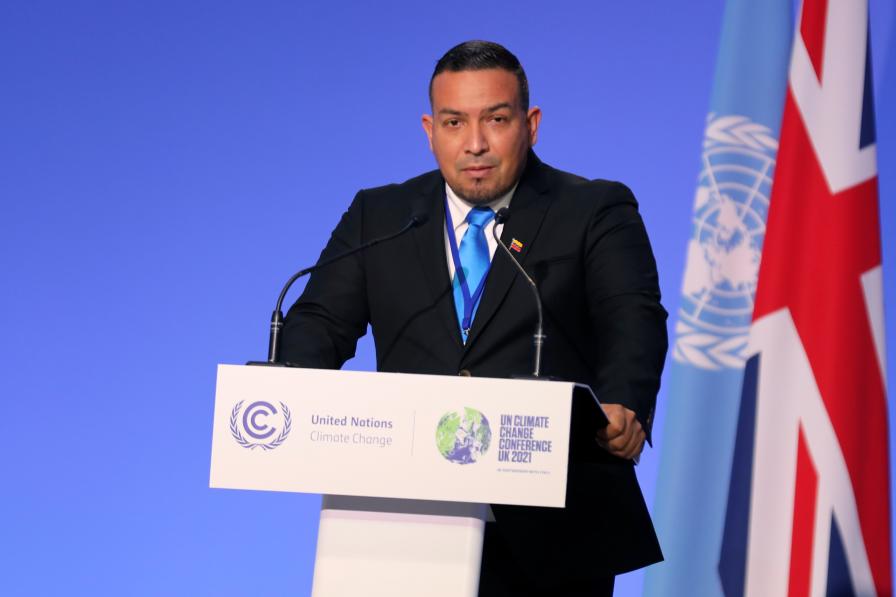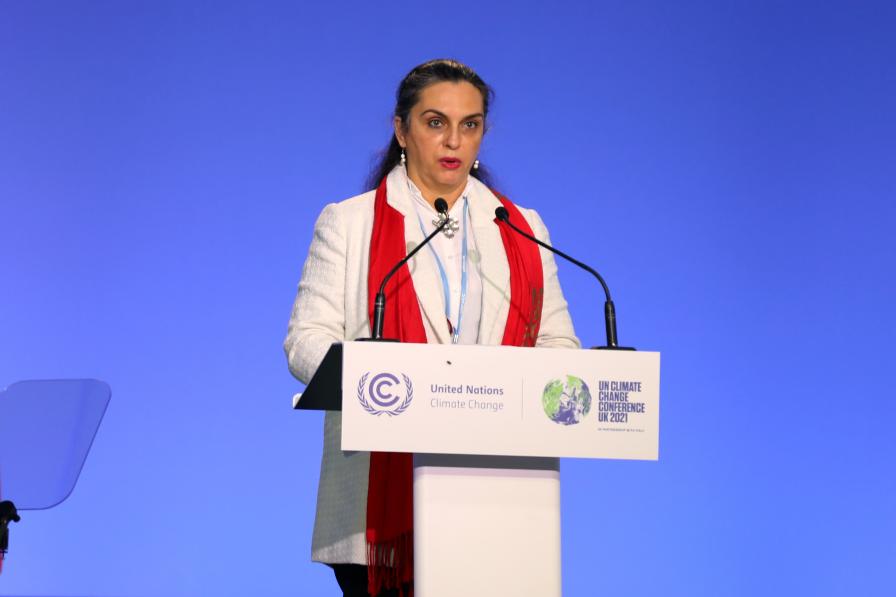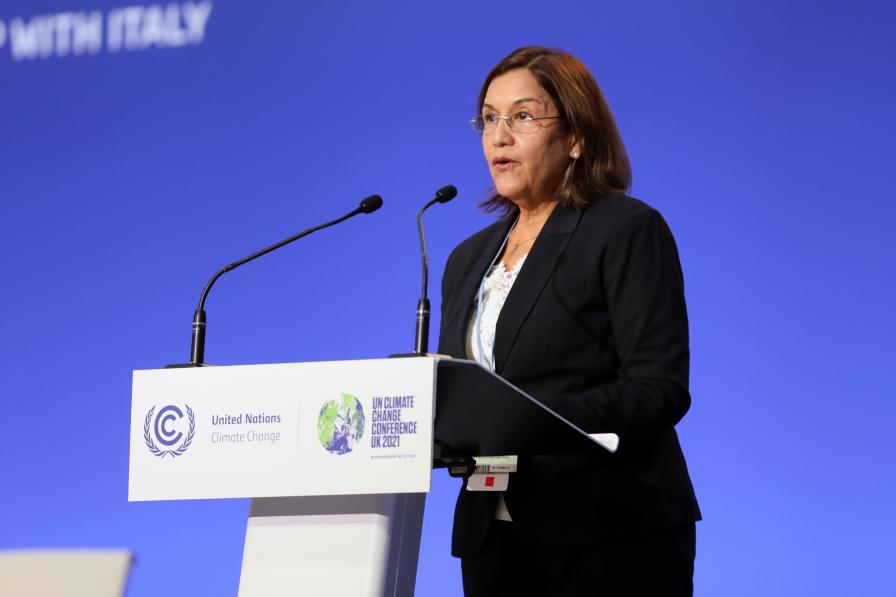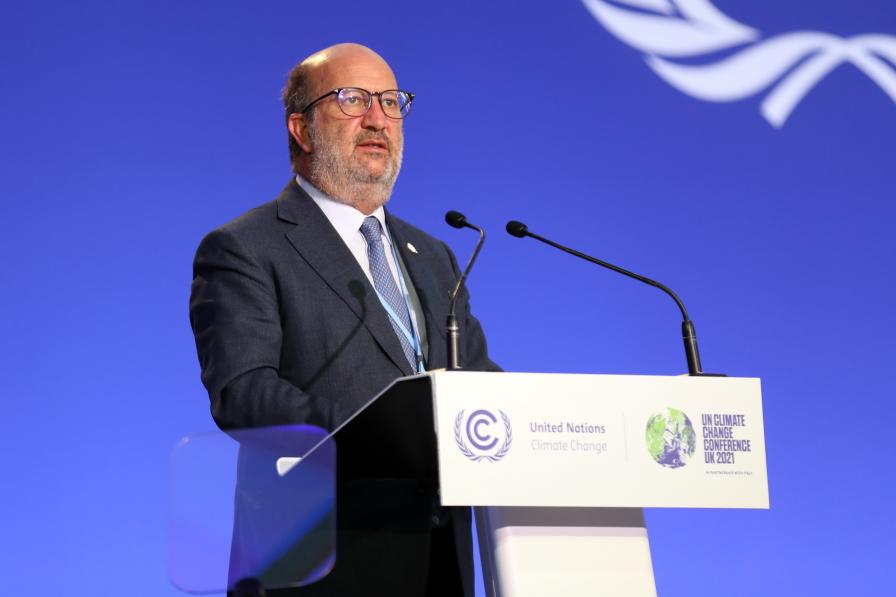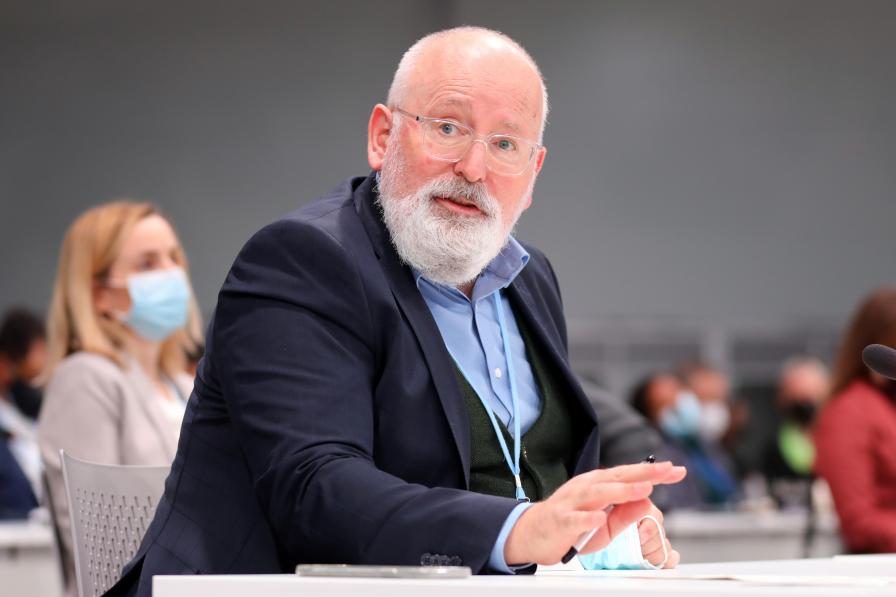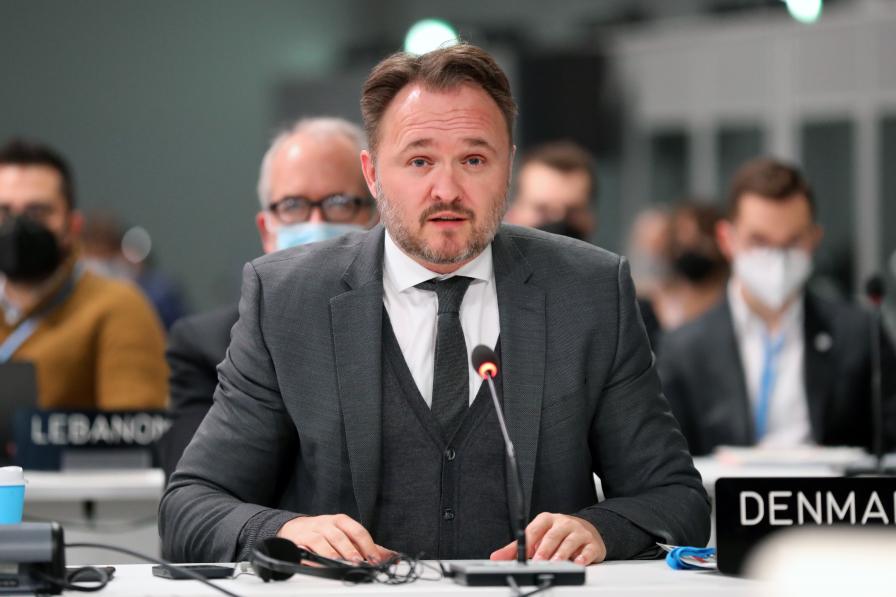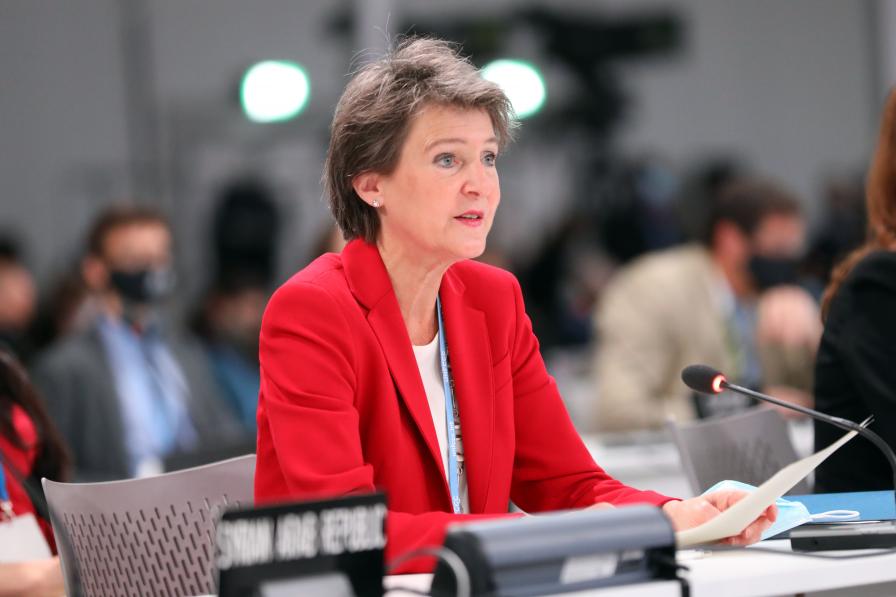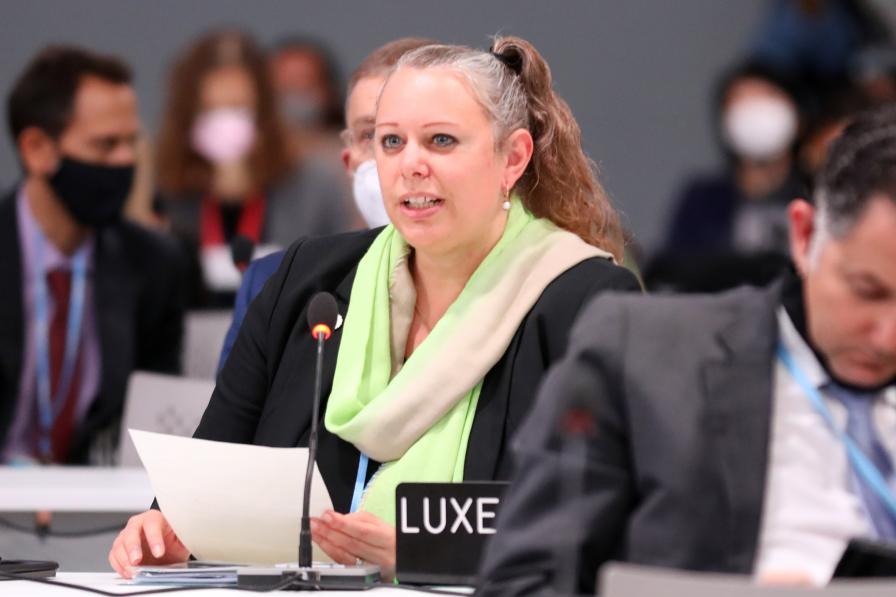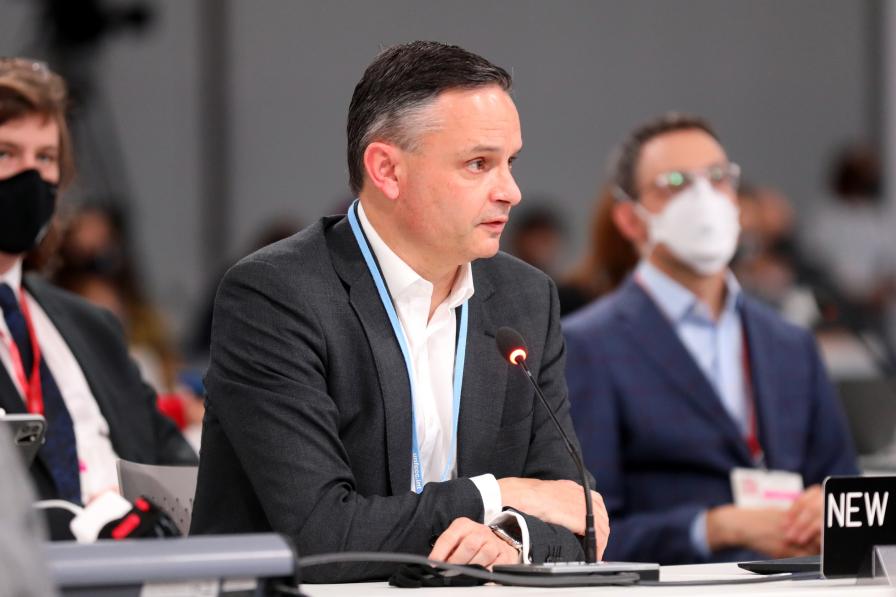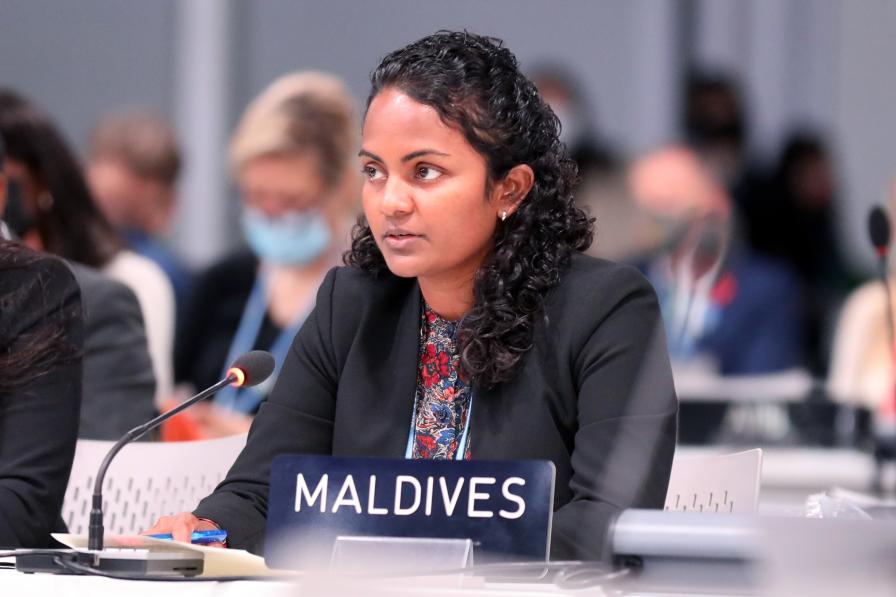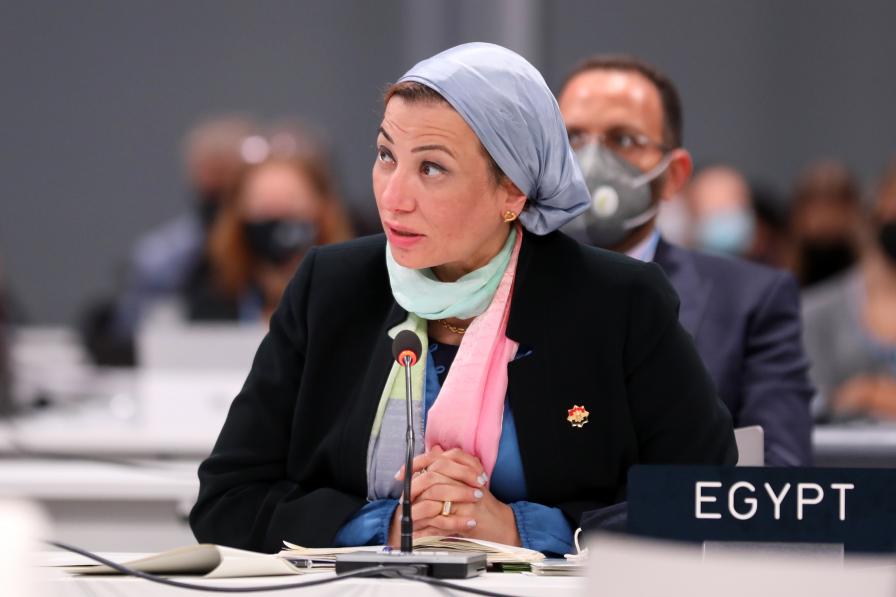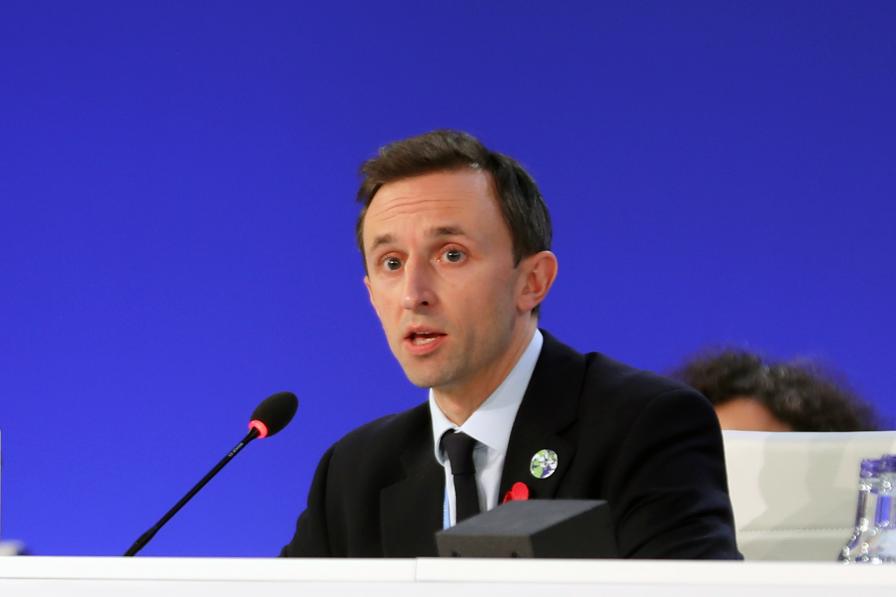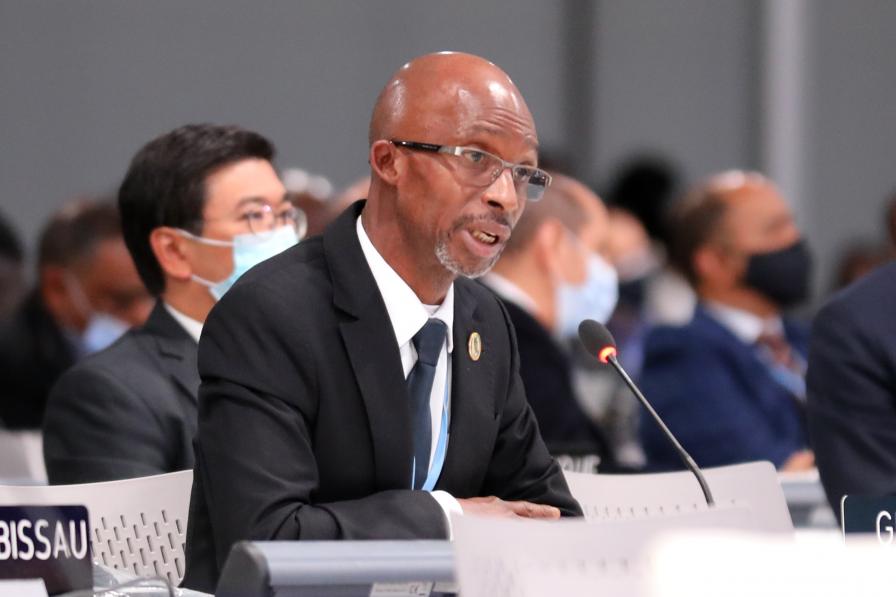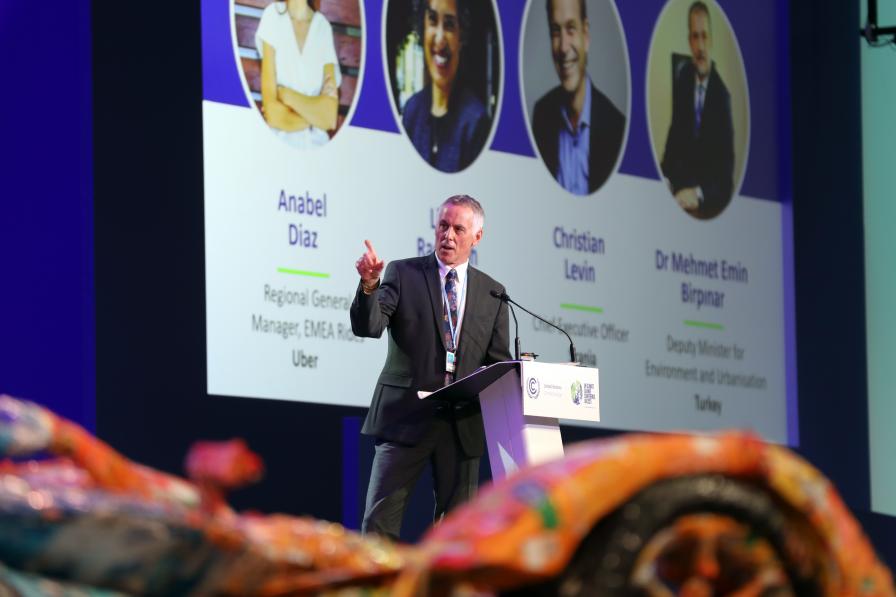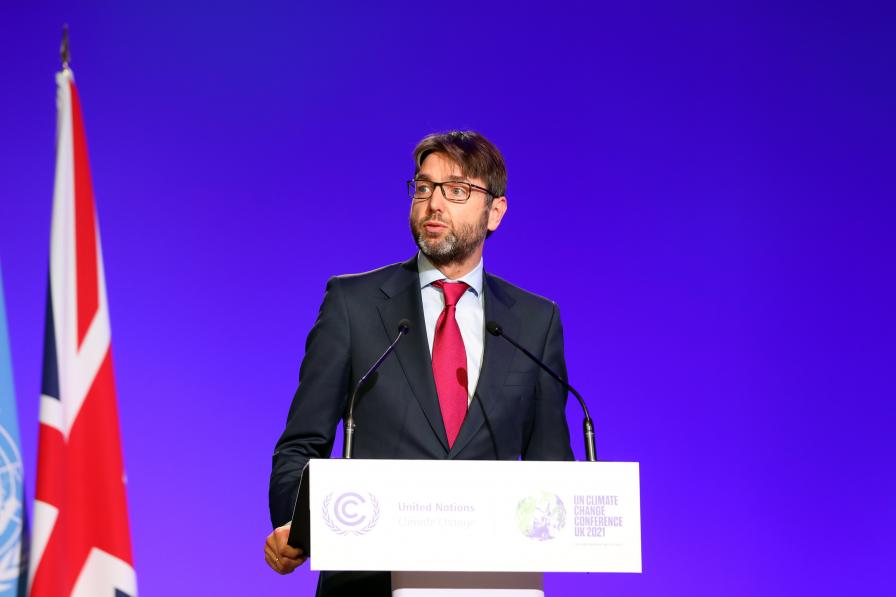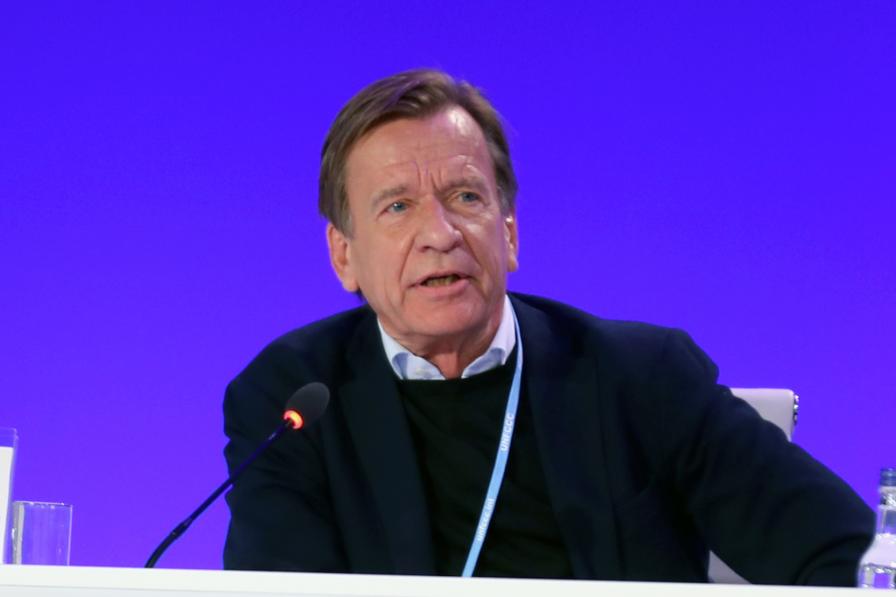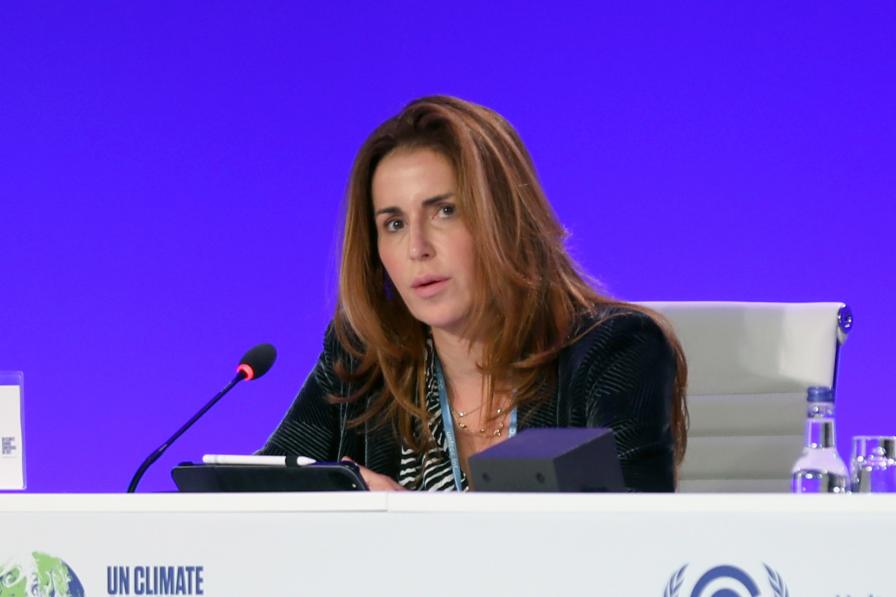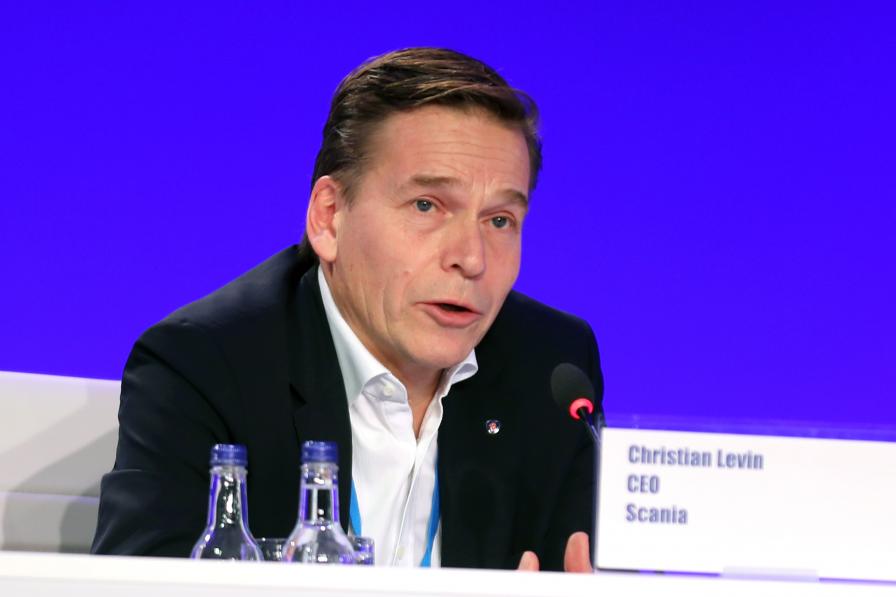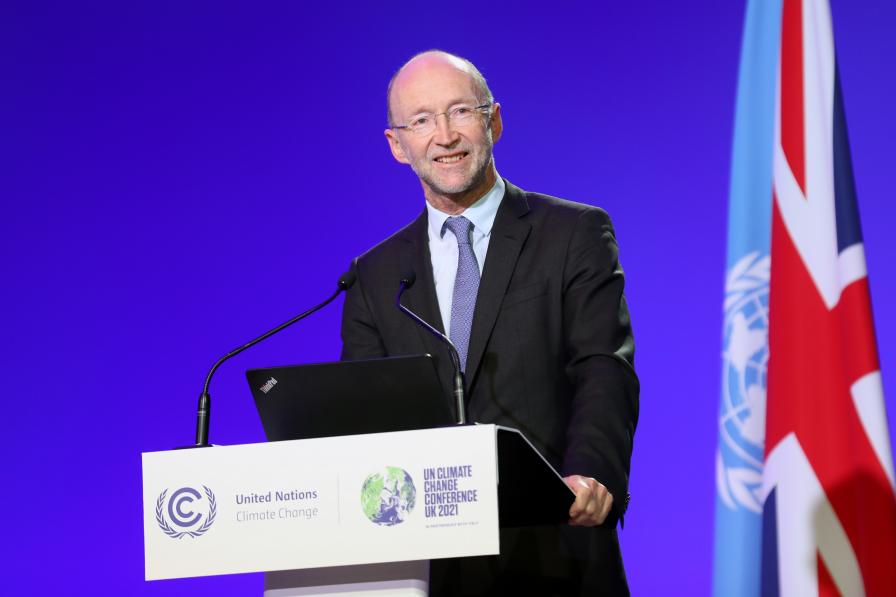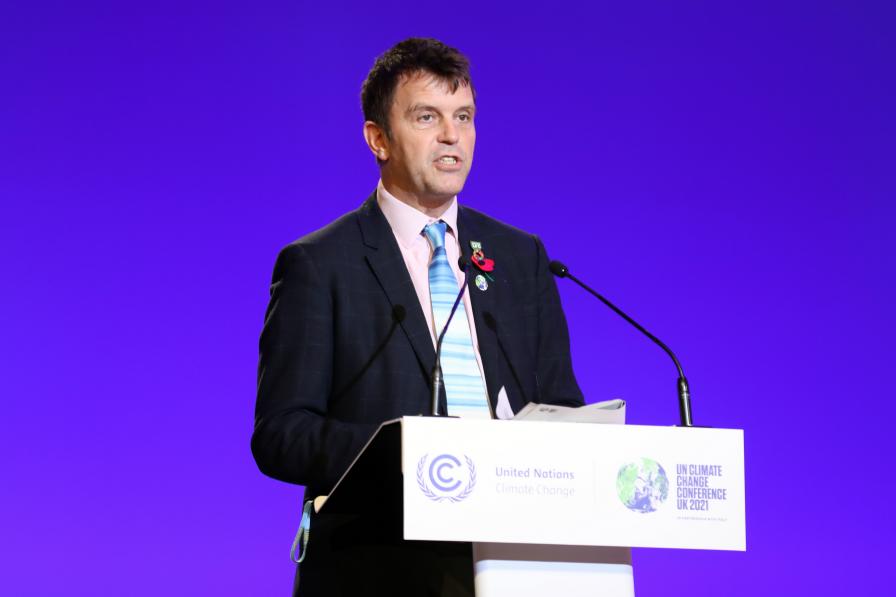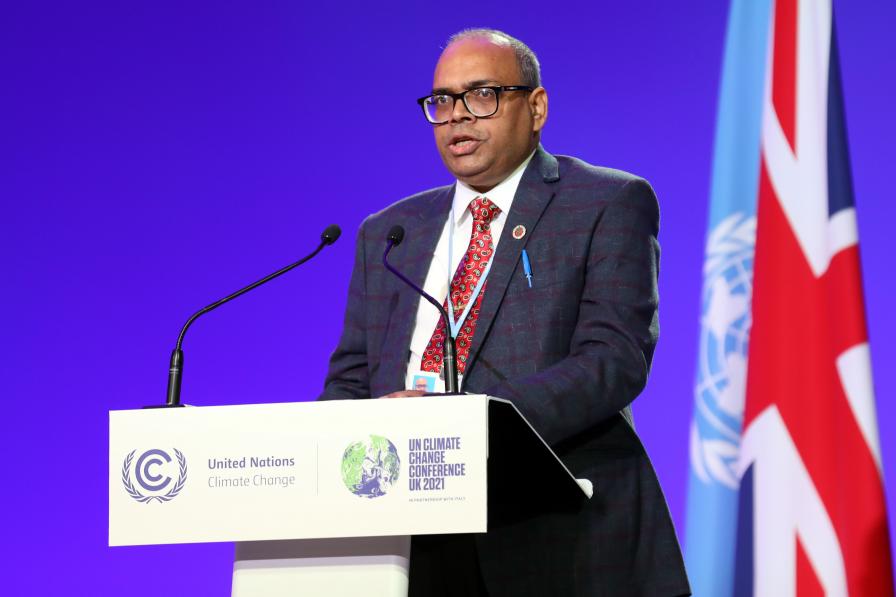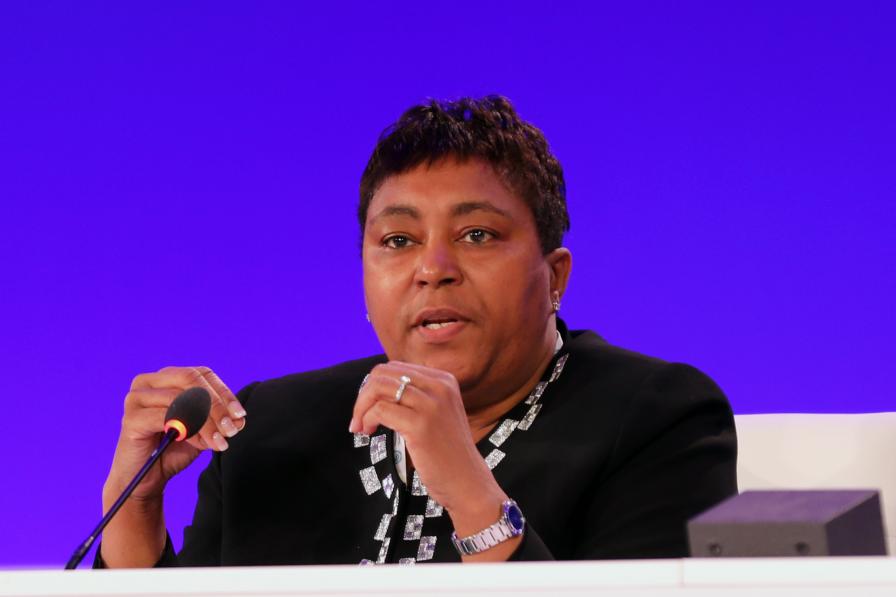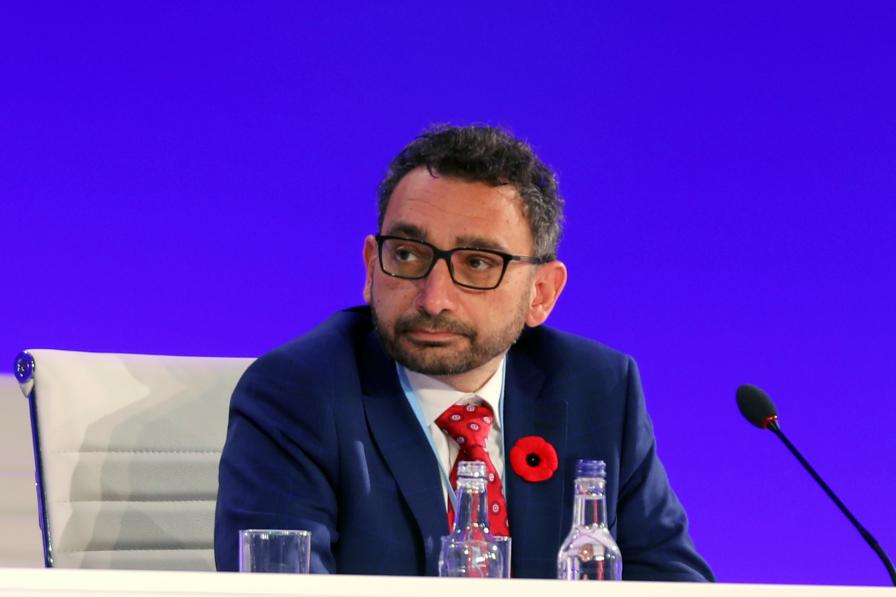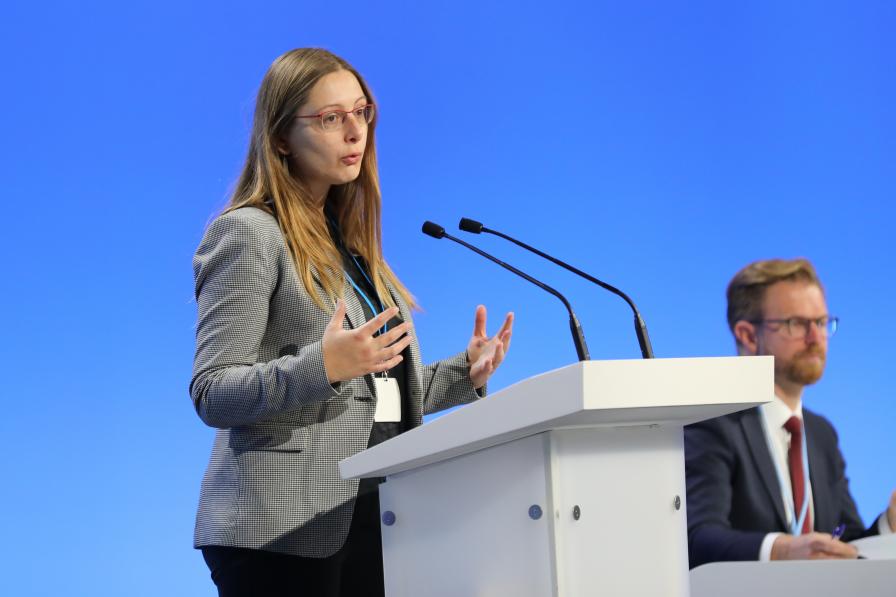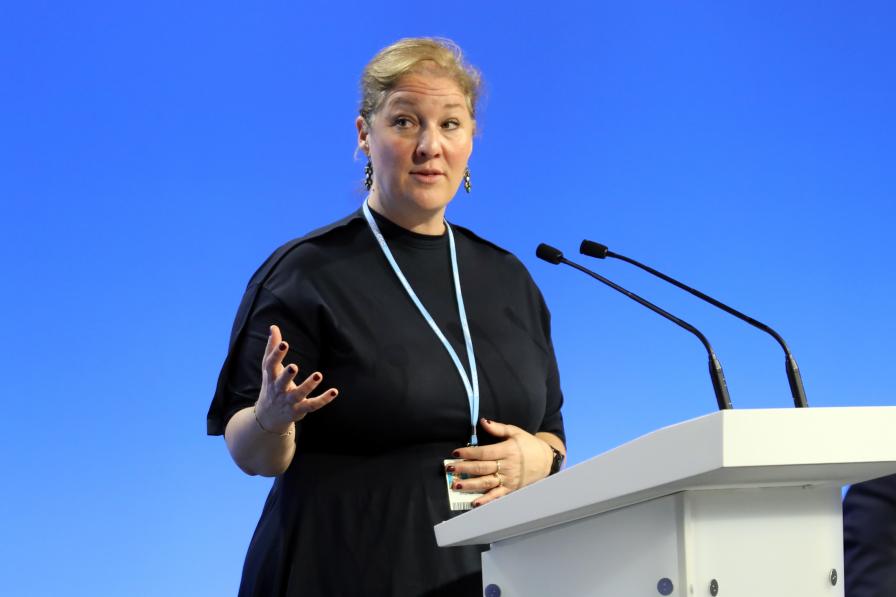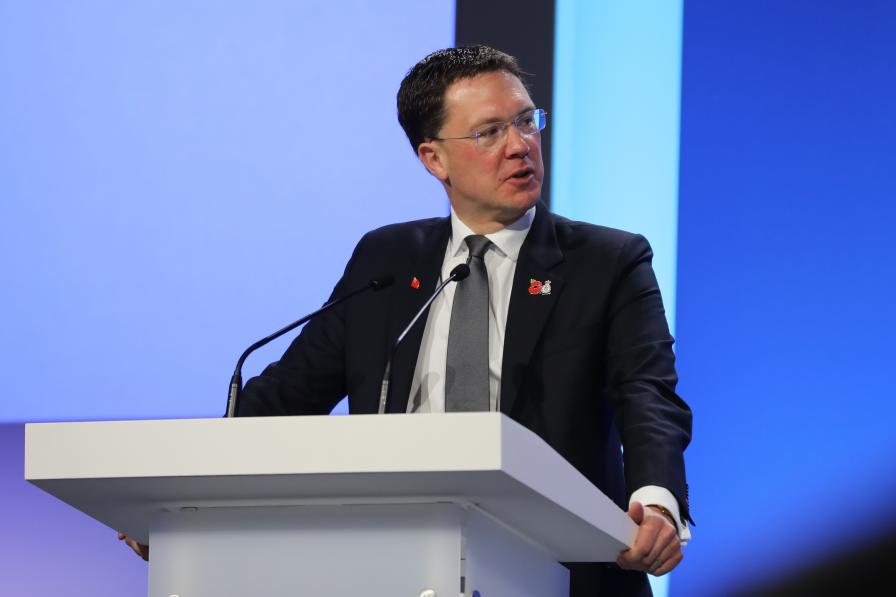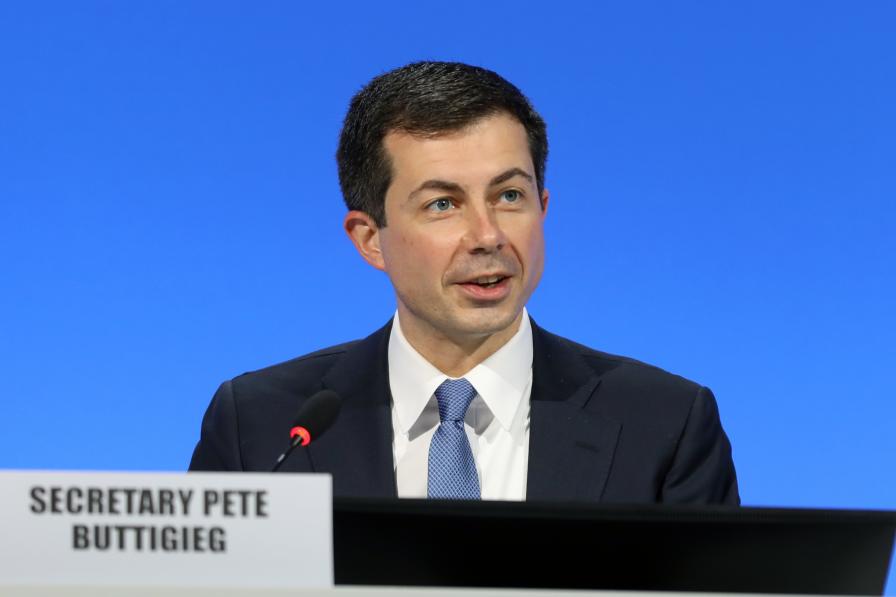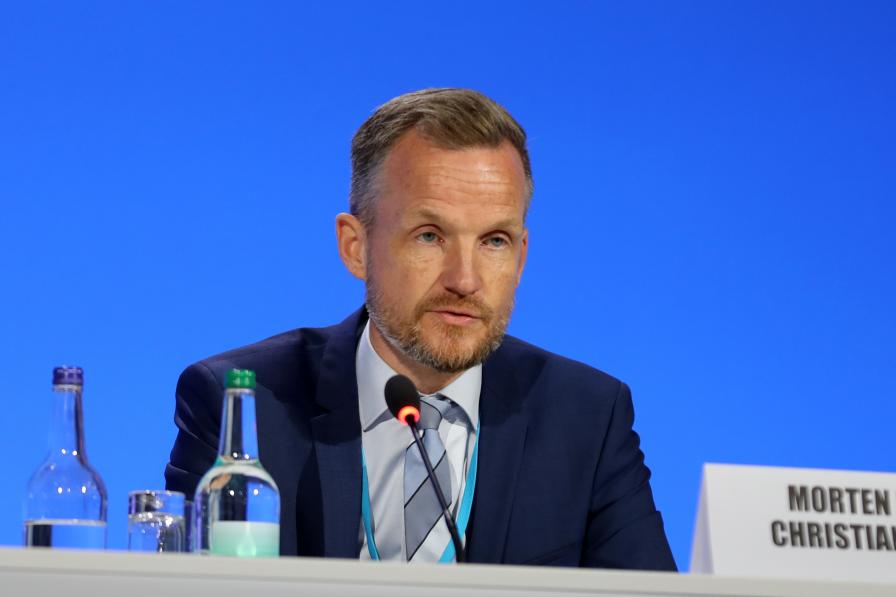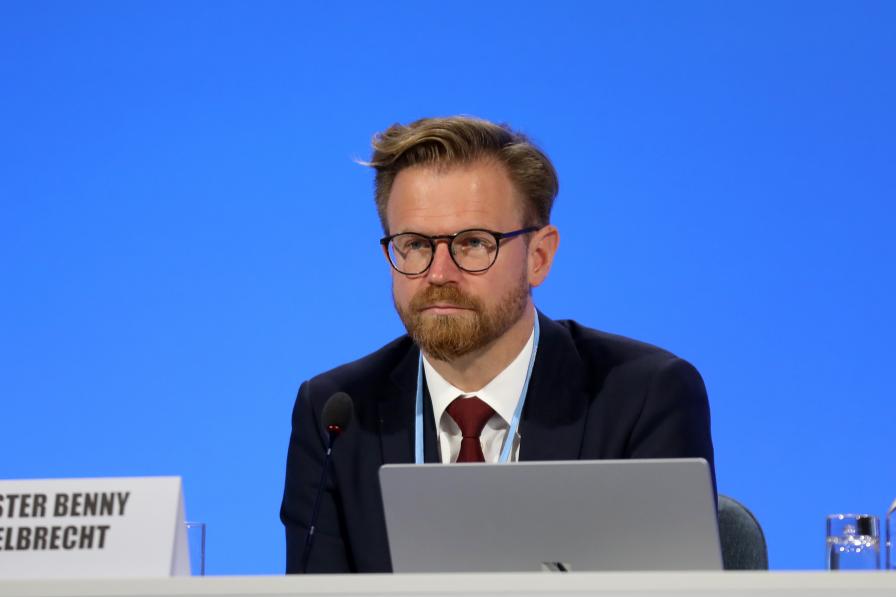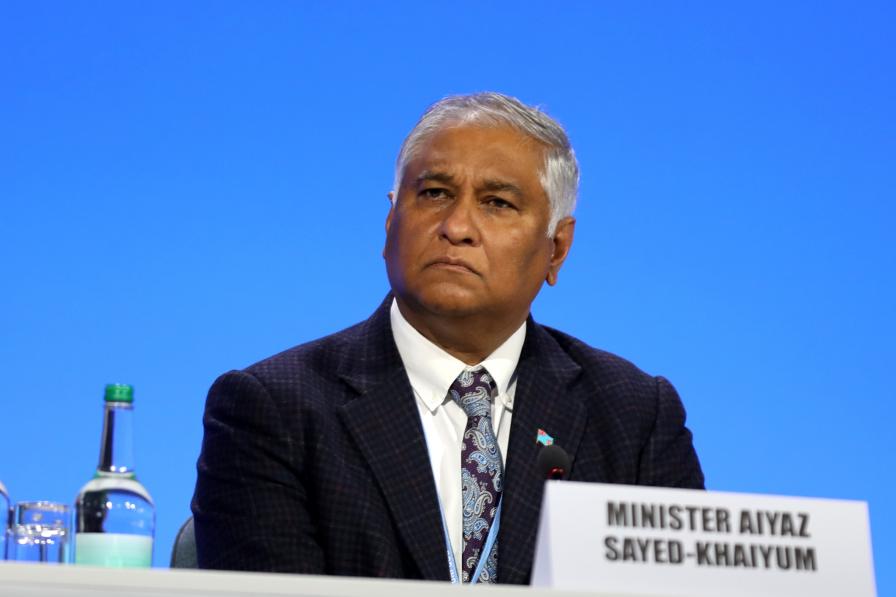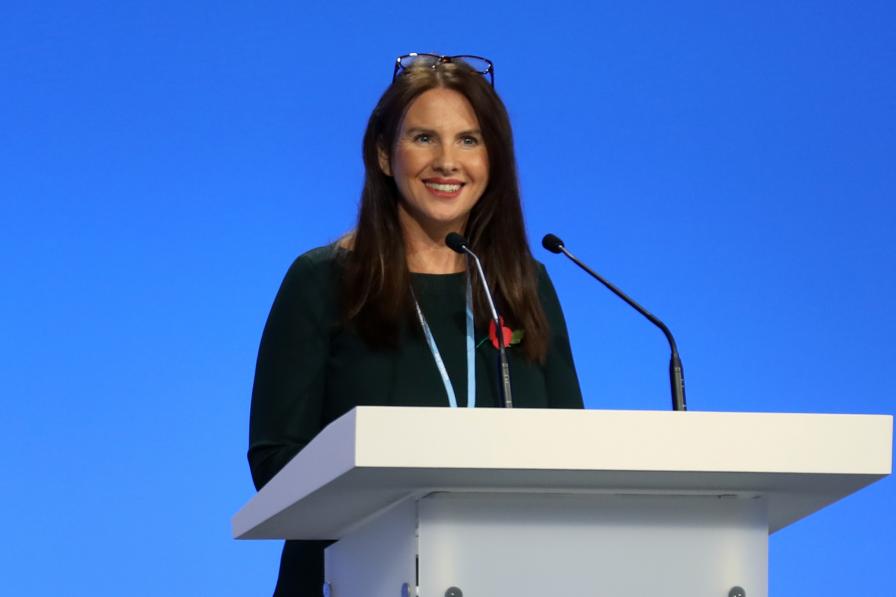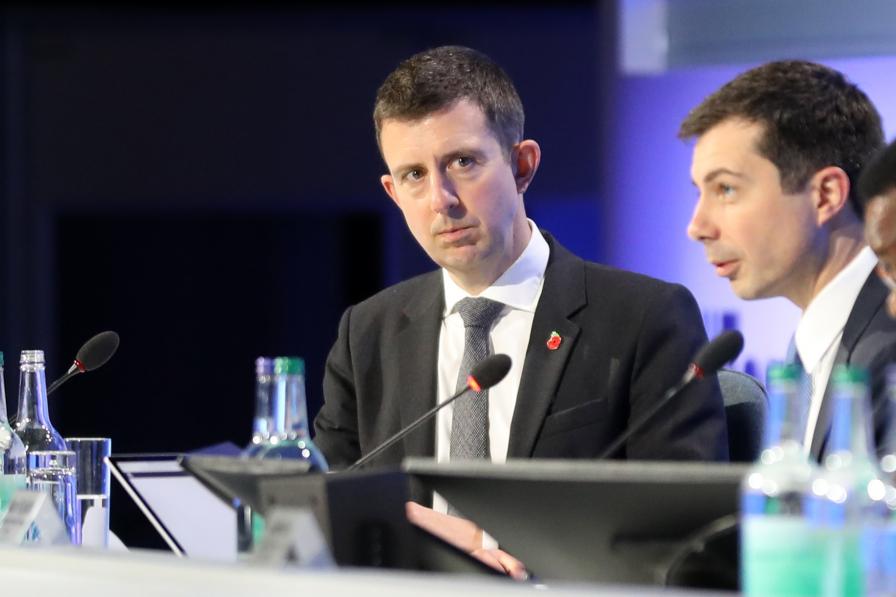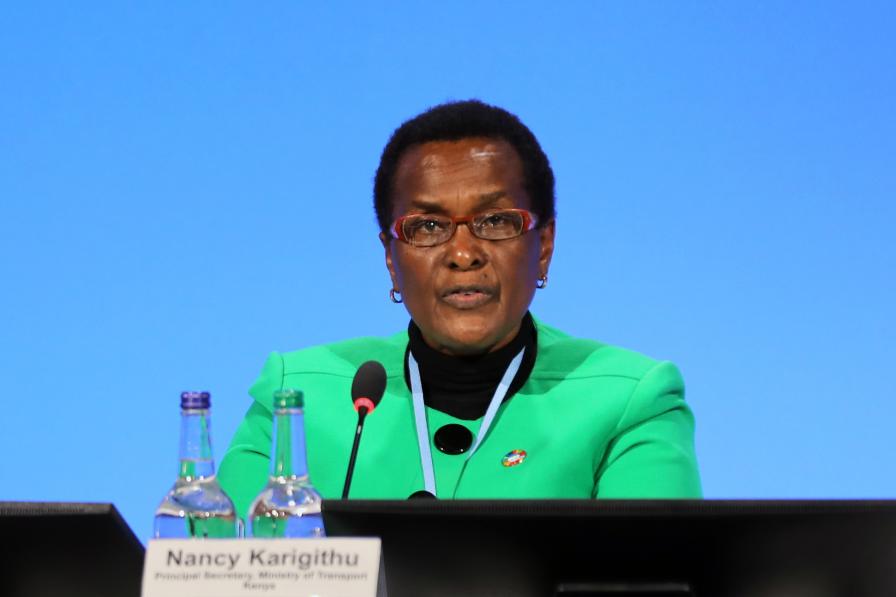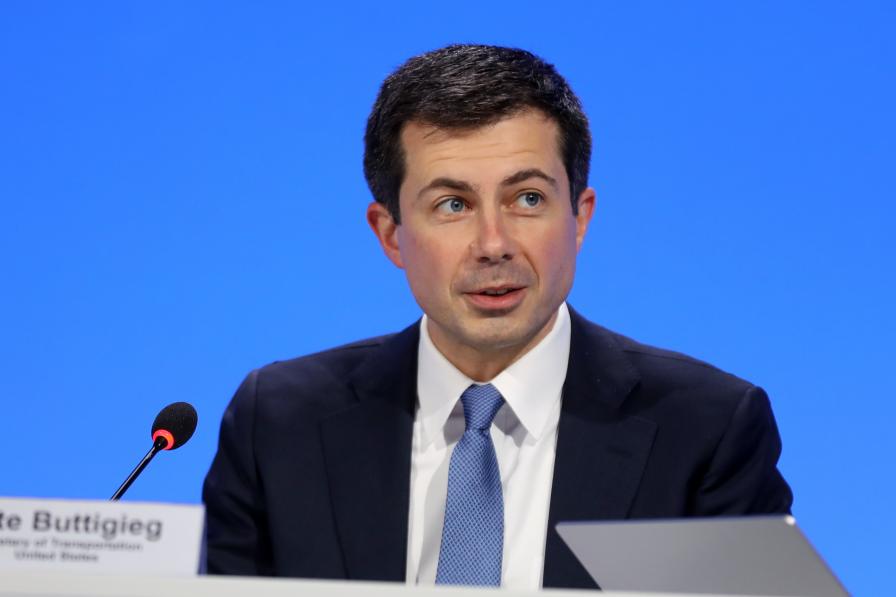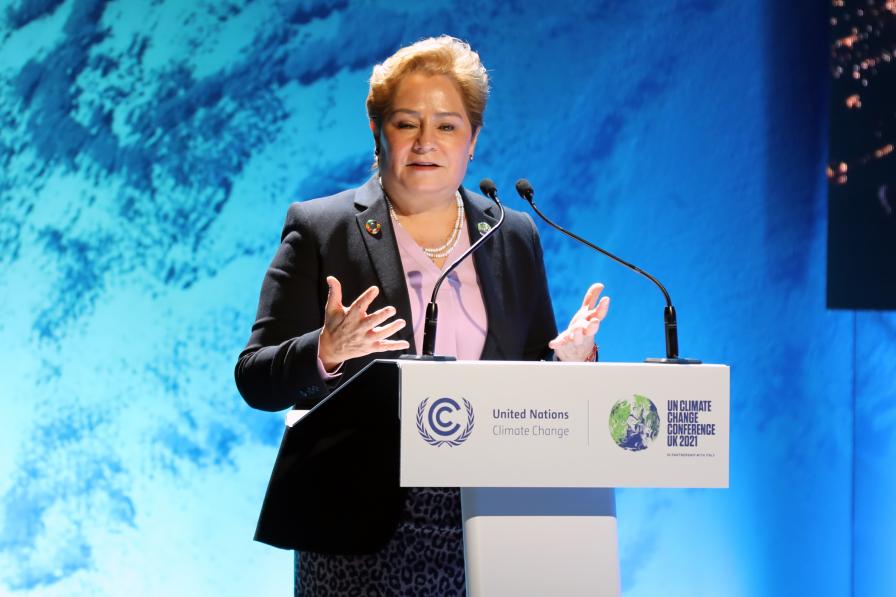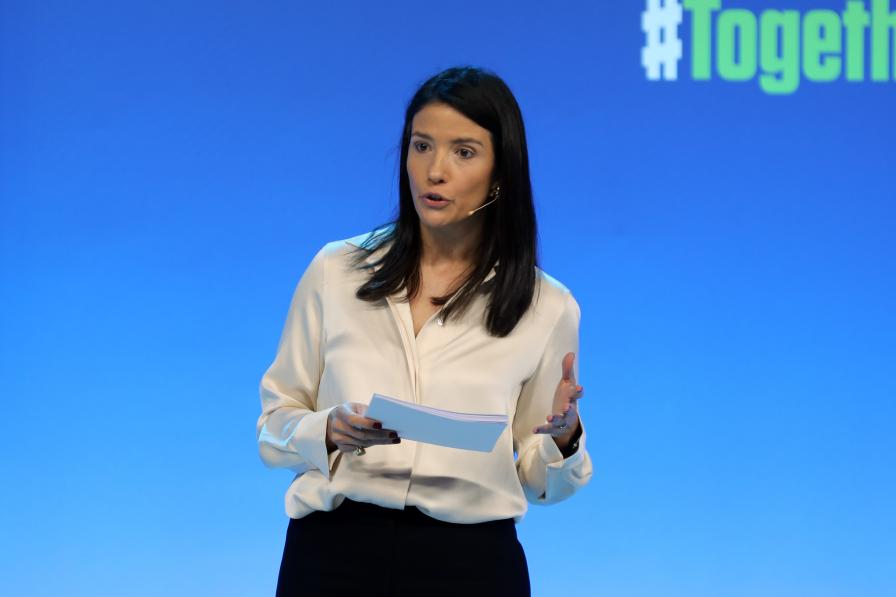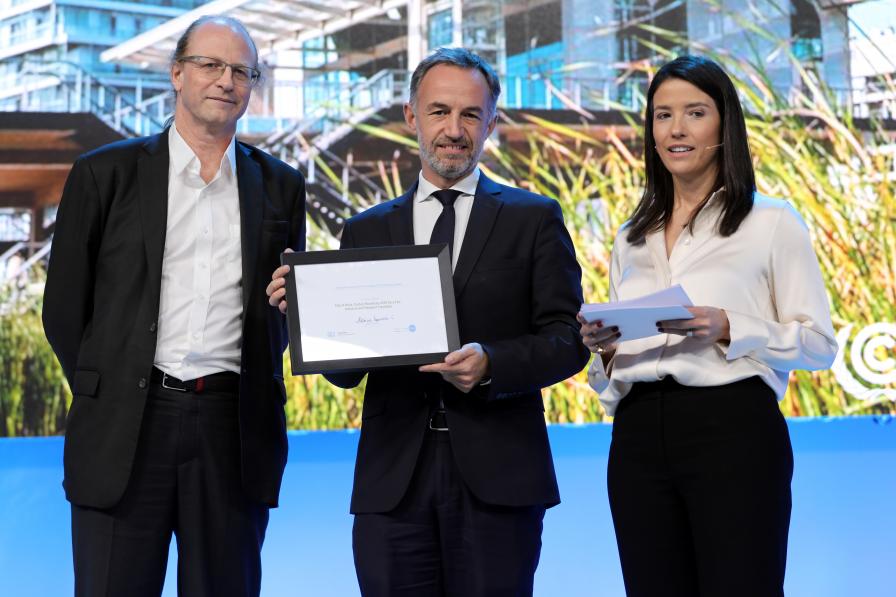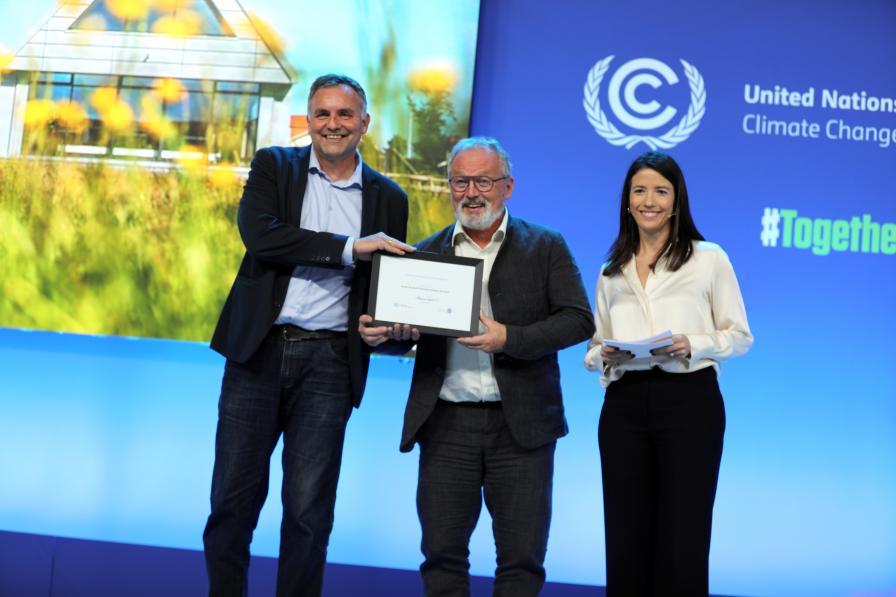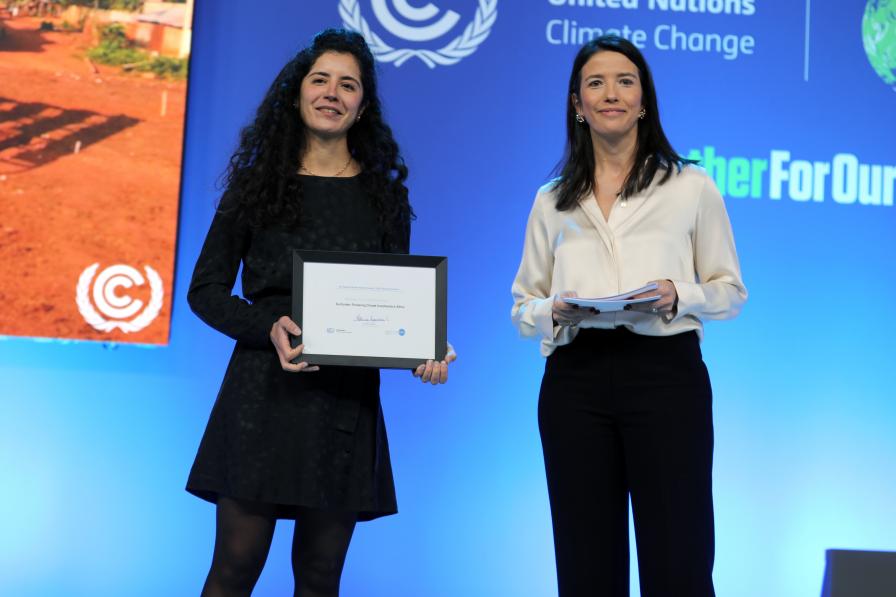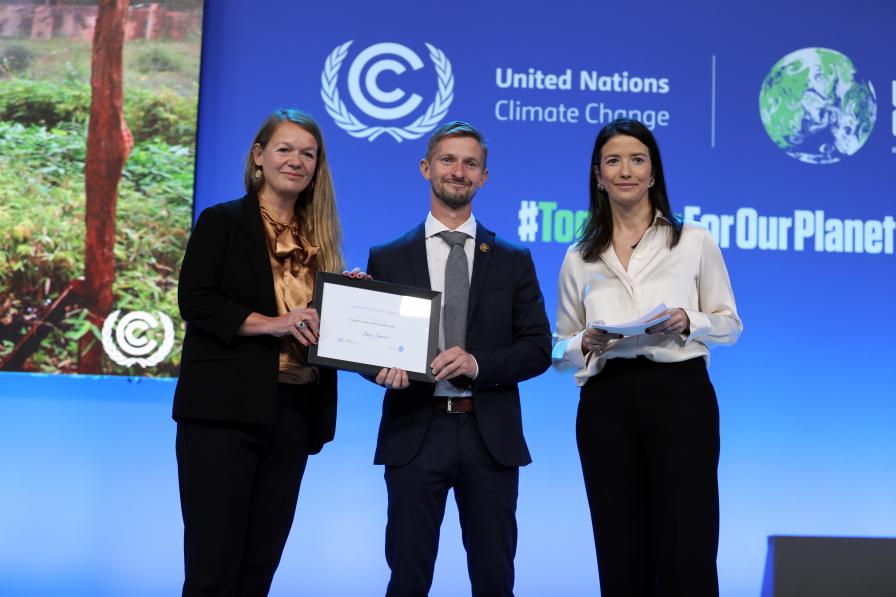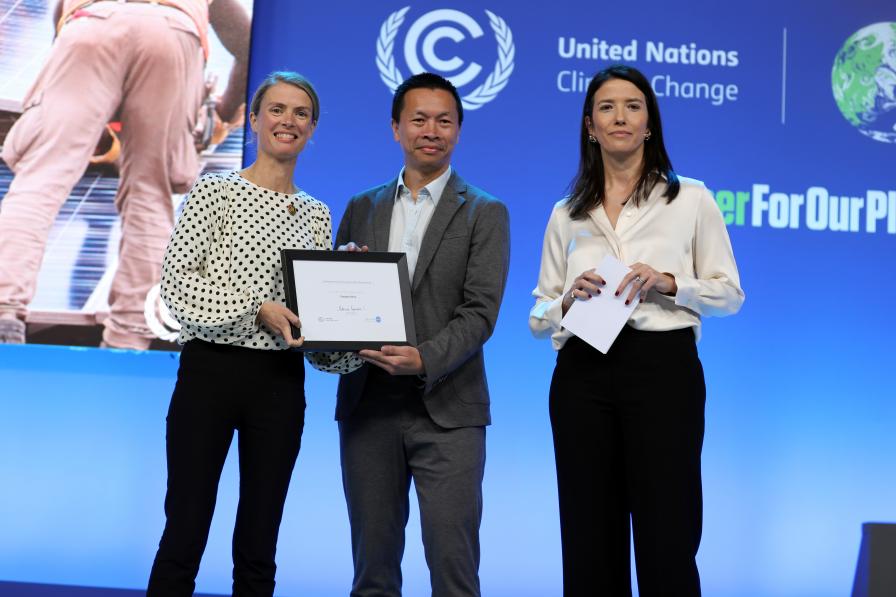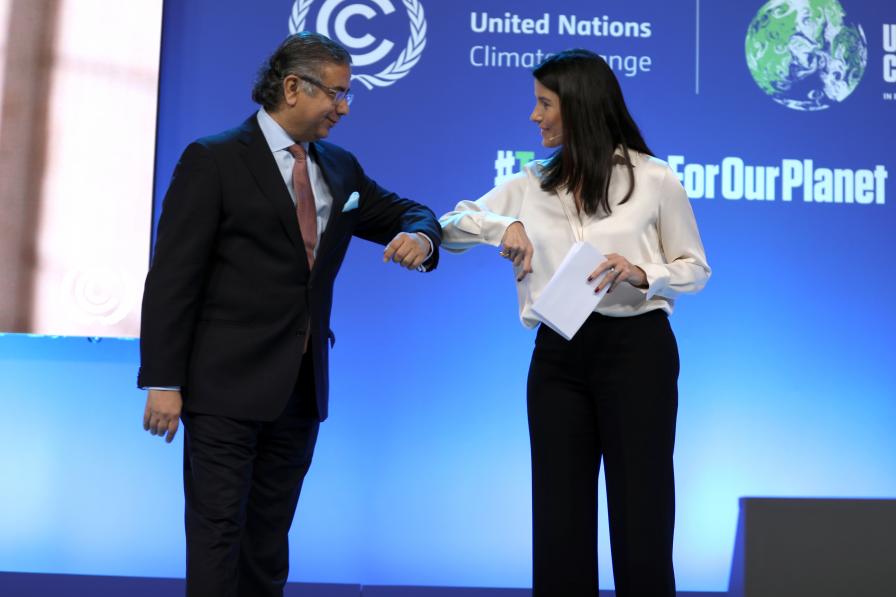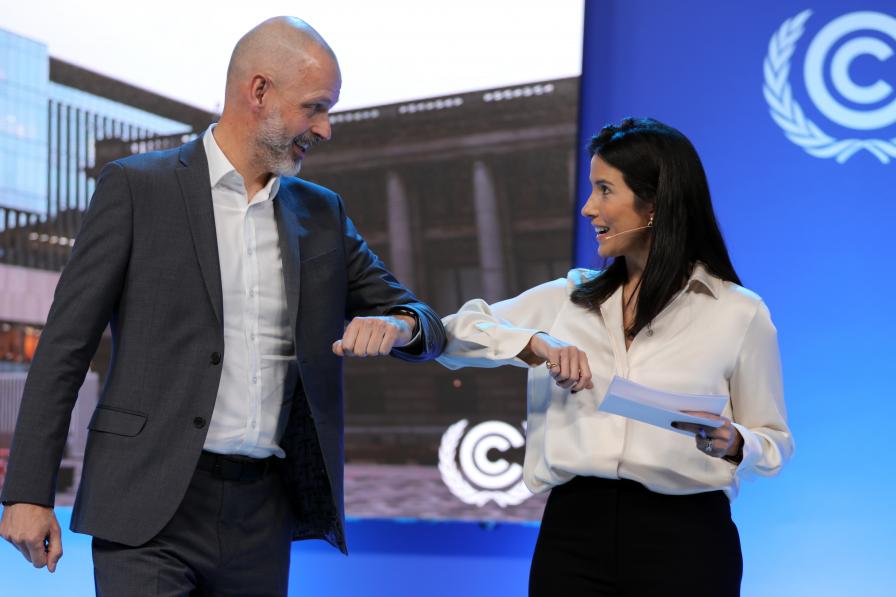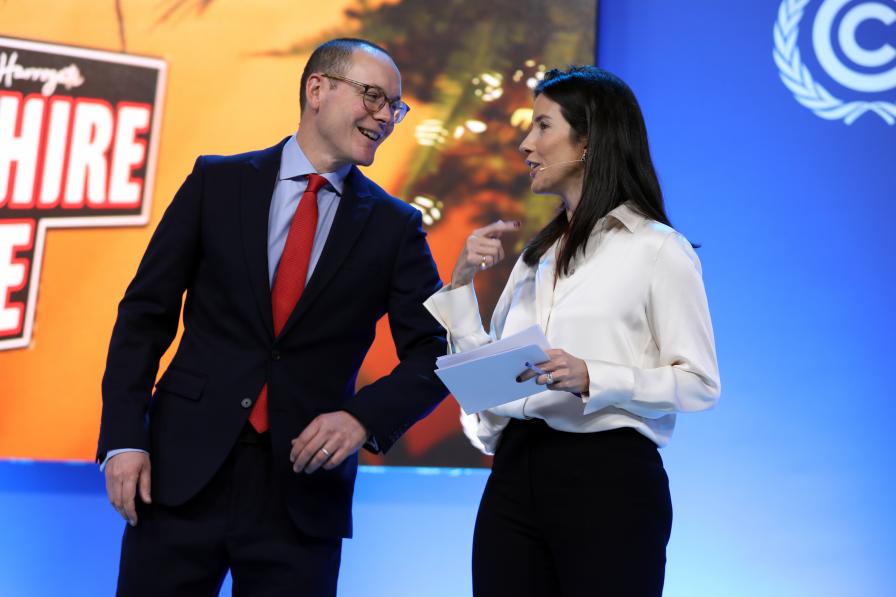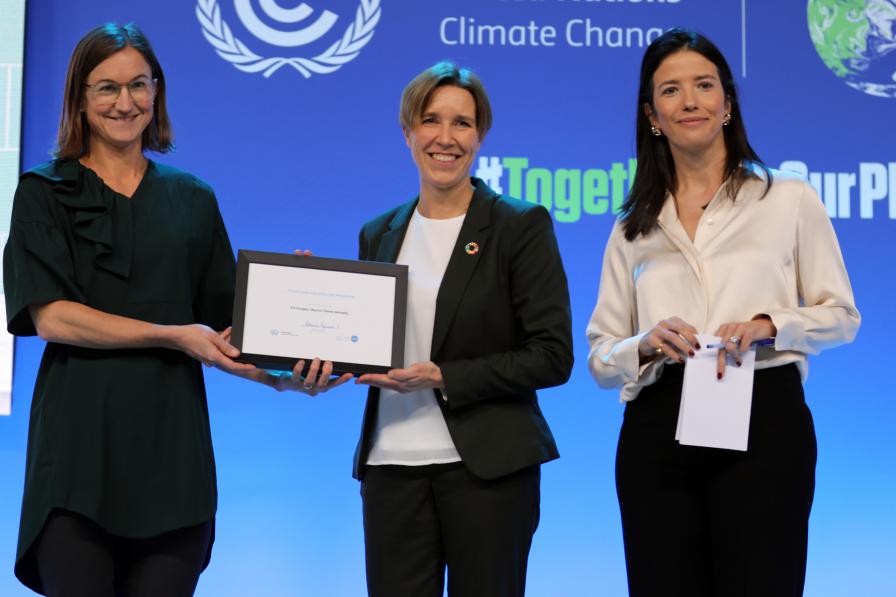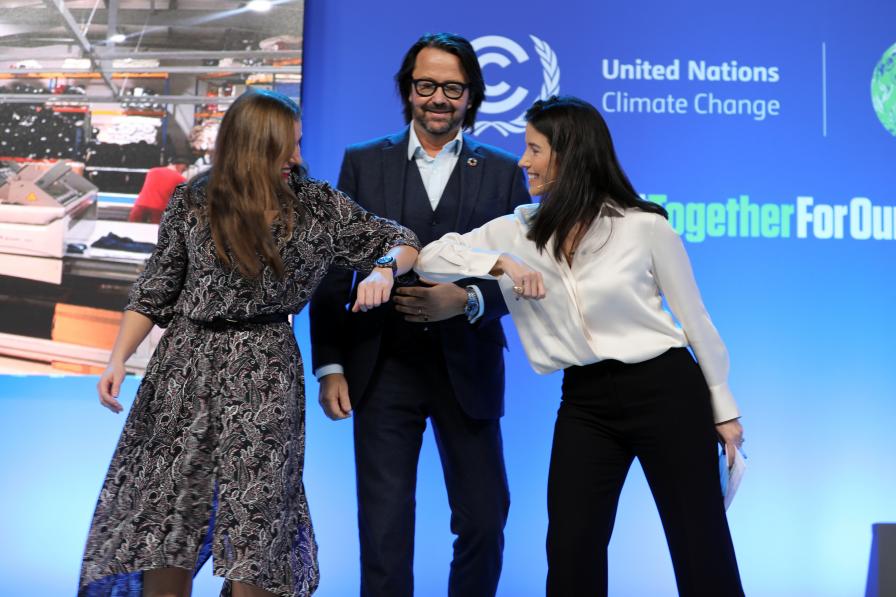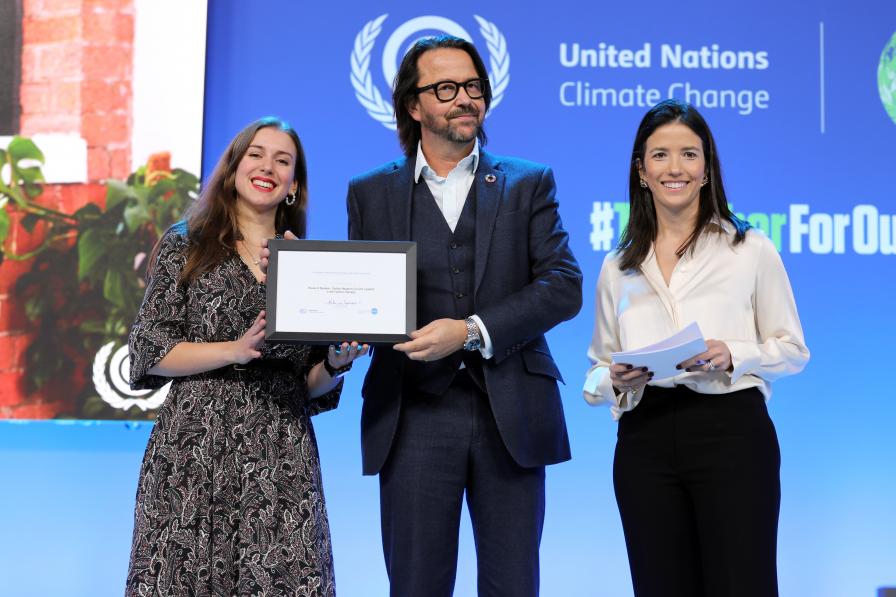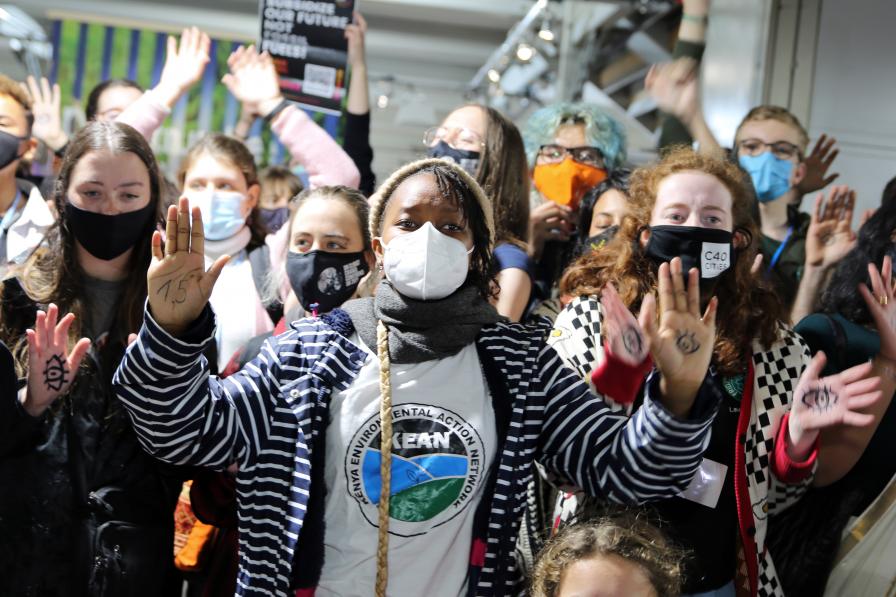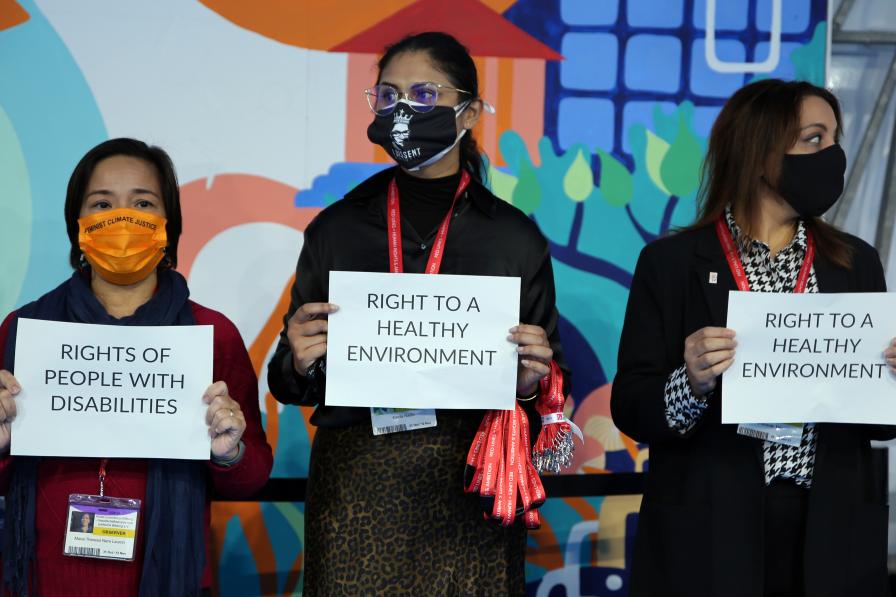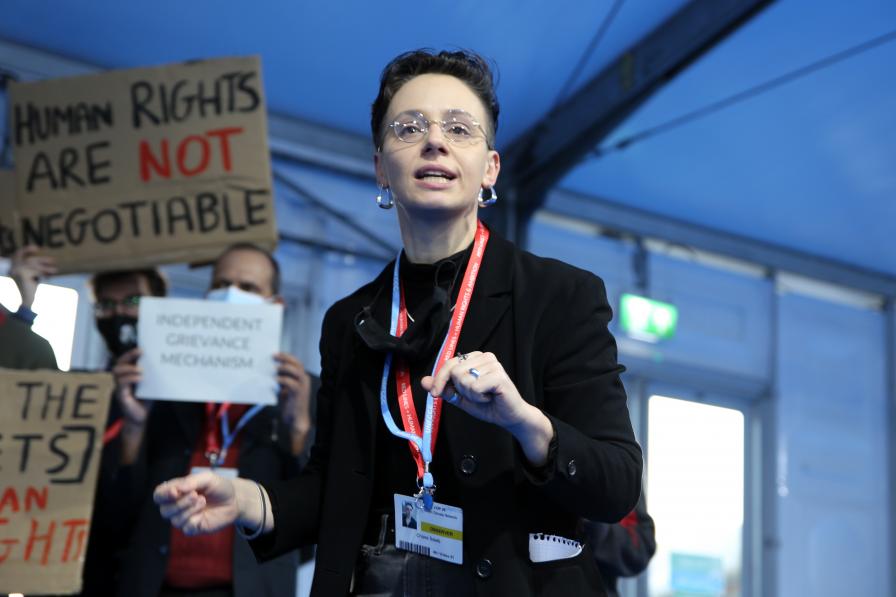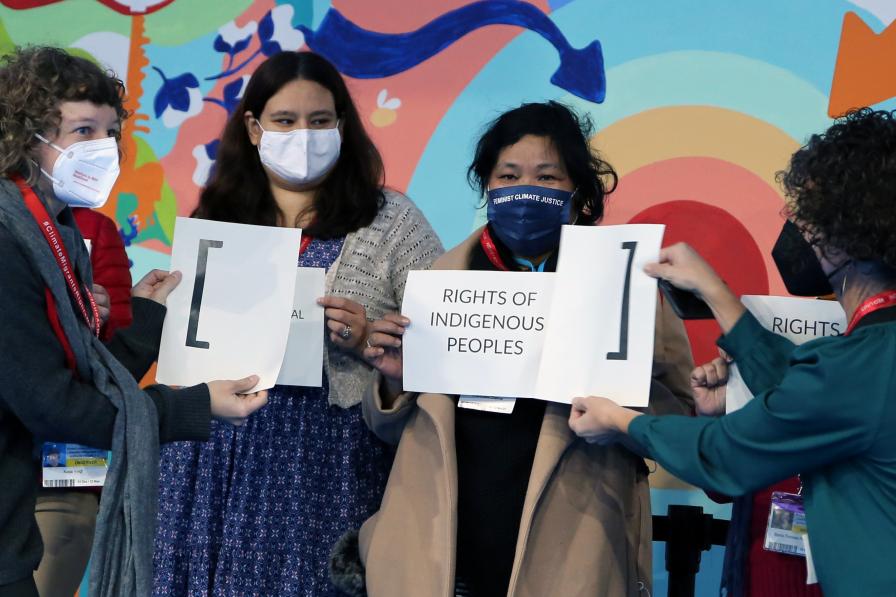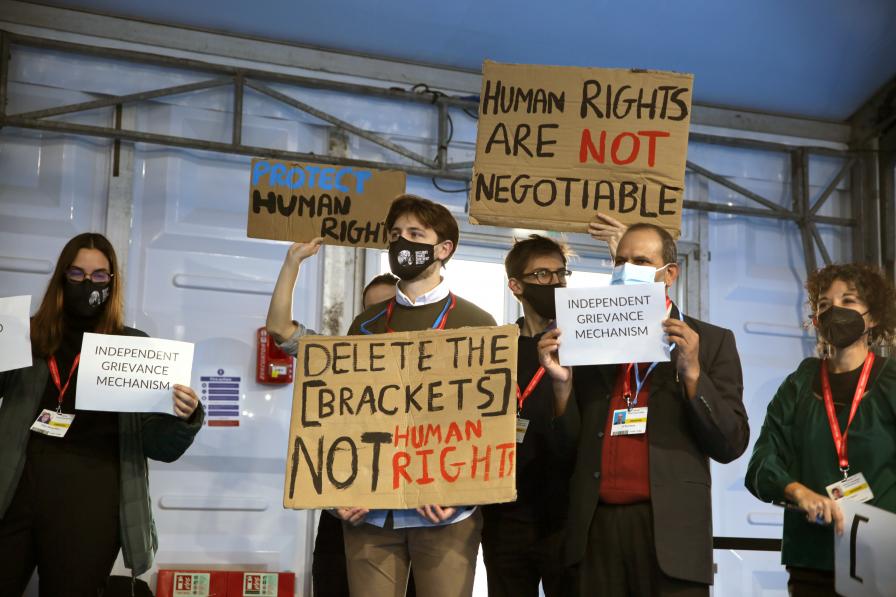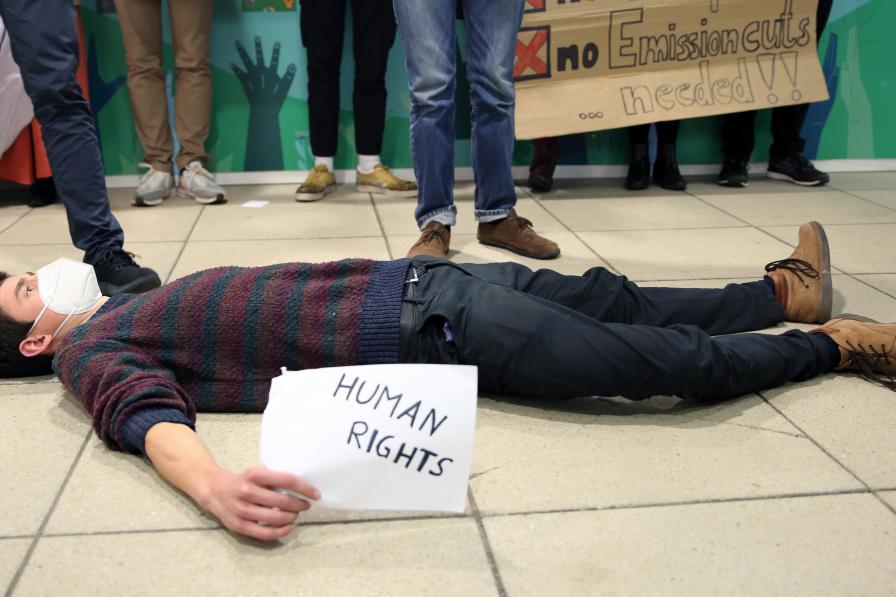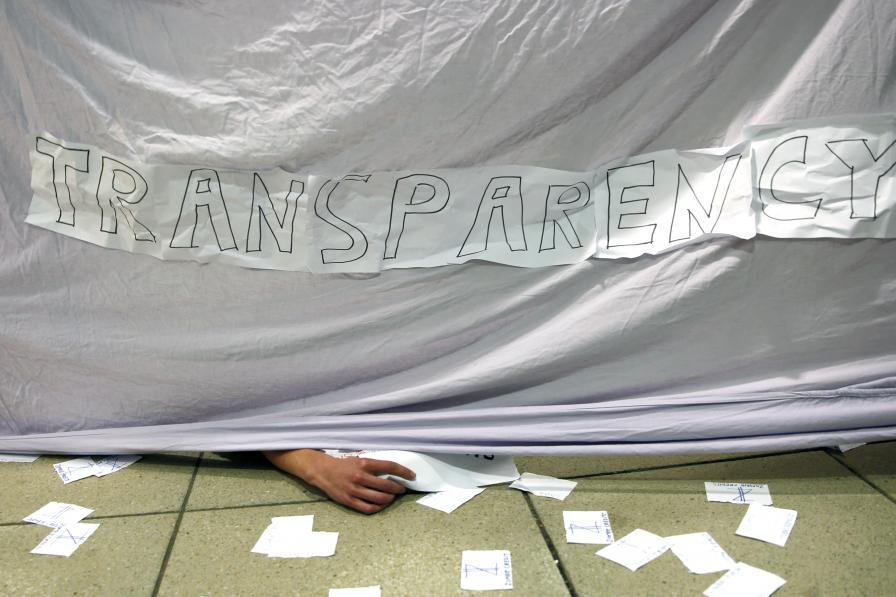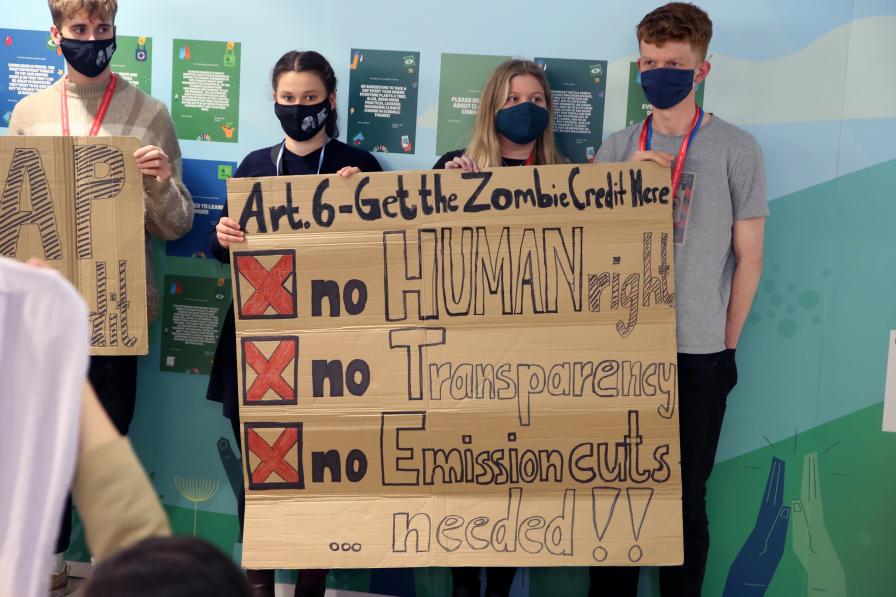There was a clamor Wednesday morning as delegates queued to hear an overview of the state of play in the negotiations. COP 26 President Sharma gave finance negotiators a deadline to finish by the “end of play today.” In response, the finance talks continued throughout the day, with negotiators trying to identify proposals that could bridge the deep divisions between developed and developing countries.
Highlights of the day included:
- President’s stocktaking plenary;
- Finance discussions;
- Declarations related to transport; and
- The US-China Joint Glasgow Declaration on Enhancing Climate Action in the 2020s.
To dive deep on individual negotiation items, read the full ENB daily report.
Negotiations
The COP 26 President’s stocktaking plenary was the first chance to get a comprehensive view of where the negotiations currently stand since the talks were handed over to ministers on Monday. The ministers tasked with leading discussions reported back on progress. Their reports, and countries’ reactions, showed that the overall picture of progress is mixed.
There was good news on the global goal for adaptation, as there seems to be agreement for a two-year work programme to operationalize this important Paris Agreement goal. There are two options for common time frames, down from nine, but parties seem to be struggling to choose between the different lengths of time for an NDC to be implemented.
New texts were available on Article 6 (cooperative approaches) that could conclude an important agreement on the rules and guidelines for the market and non-market-based mechanisms of the Paris Agreement. But there are outstanding issues. Among these debates, there is disagreement on whether (or how) to allow for credits granted under the Kyoto Protocol’s Clean Development Mechanism to count toward targets set under the Paris Agreement. Some argue that the credits are there and should be used to allow countries to make more ambitious pledges. Others decry this “carry over” as undermining the ability of the mechanism to drive real emissions reductions.
It was clear there is a long way to go on the overarching cover decisions, loss and damage, and finance. Finance in particular generated rather acrimonious exchanges, by the standard of diplomatic language at least. Developing countries reported that developed countries were refusing to engage and were shirking their obligations to provide finance. Developed countries noted their financial contributions made at this COP.
An additional problem is that these issues are interlinked. Transactions under Article 6 may need to be reported in the enhanced transparency framework. Developing countries will require support to be able to uphold their reporting obligations under the new enhanced transparency framework. They want assurances from the finance discussions that this support is forthcoming before they agree to reporting tables. Running across finance, transparency, and the cover decisions is loss and damage. A key issue on its own, those already experiencing permanent climate damages want to see this reality reflected across COP 26 outcomes.
Around the Venue
It was transport day. Transportation is a key sector quickly turning to electrification on a vast scale. It was a day for issuing declarations, pledging to make rapid progress toward decarbonizing this sector.
Eighteen countries launched the Clydebank Declaration that aims to establish at least six green shipping corridors by 2025, among other actions. This will require developing supplies of zero emissions fuels, regulatory frameworks, and the infrastructure required for decarbonization.
Thirty-three countries and many more cities and subnational governments signed a declaration committing to 100% zero-emission vehicle sales by 2040 to meet the 1.5°C Paris goal. “Leading markets” pledged to aim for 2035.
The International Aviation Climate Ambition Coalition launched, with 22 signatories. They commit to working together to support the adoption of an ambitious global goal on carbon dioxide emissions reductions under the International Civil Aviation Organization (ICAO). This may be particularly important given the significant increase expected in global air passengers and cargo volumes over the next 30 years.
To receive free coverage of global environmental events delivered to your inbox, subscribe to the ENB Update newsletter.
ENB images are free for use with attribution. For the Glasgow Climate Change Conference, please use Photo by IISD/ENB Mike Muzurakis.
